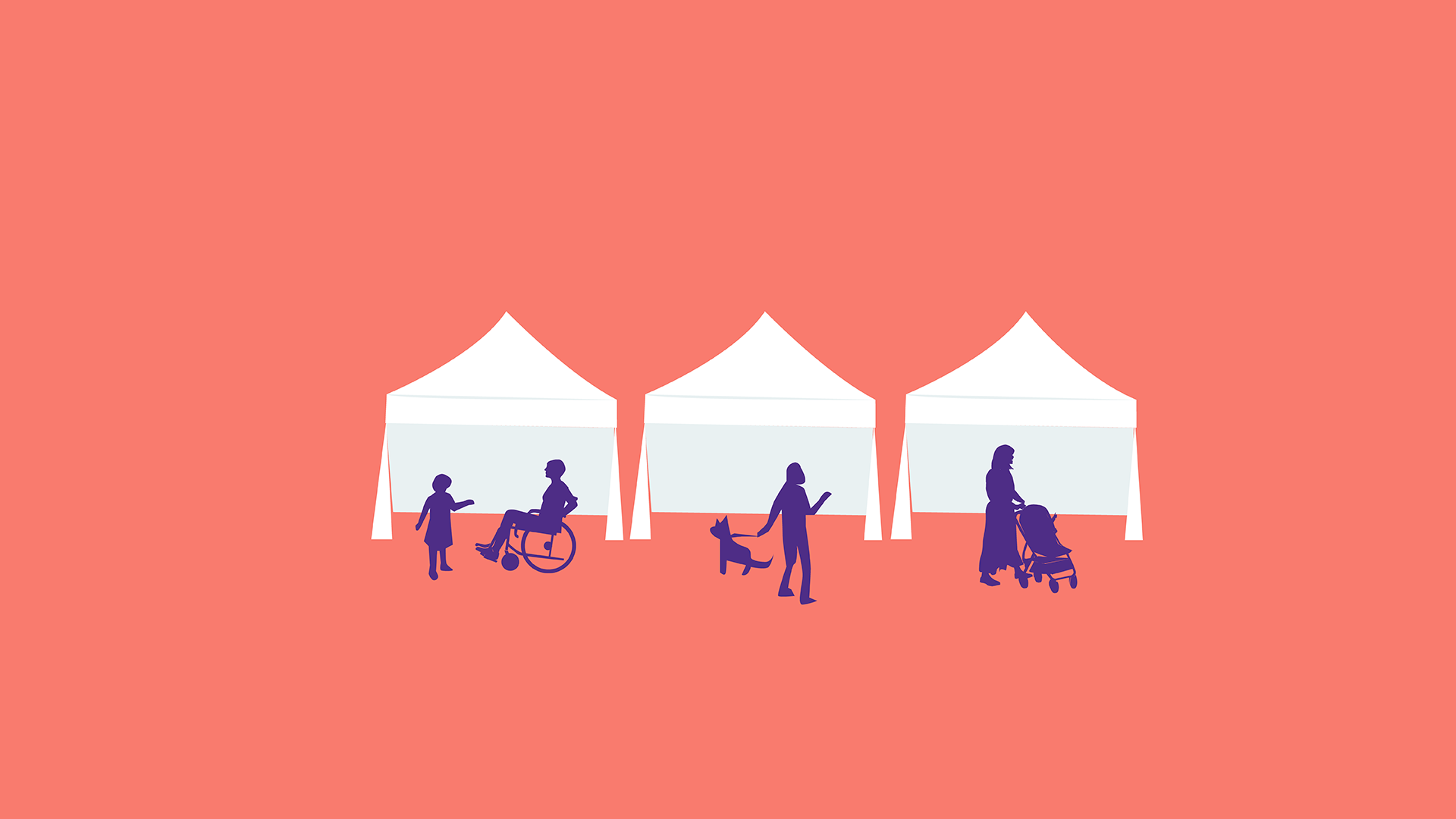ADRA Finland is a Finnish development cooperation and aid organization. It operates internationally in different parts of the world and supports people in need at home. In development cooperation projects, ADRA Finland cooperates with reliable project partners and country offices of the international ADRA network. The founder of the network is the worldwide Adventist Church. ADRA Finland has been operating in the field of Finnish social work since 1968. ADRA Finland started international development cooperation in 1978.
ADRA Finland is part of the Adventist Development and Relief Agency, which operates in 118 countries. ADRA Finland was founded in 2010. The founder of the foundation is the Adventist Church of Finland.
As a small but efficient unit, ADRA Finland’s administrative costs are the lowest in the country based on organization comparisons. The external evaluations and operational inspections of the organization’s projects tell about reliability and effectiveness. ADRA Finland helps people regardless of their ethnic, religious or political beliefs.
The main financier of ADRA Finland’s foreign projects has been the Ministry of Foreign Affairs of Finland since 1978. The main funding for domestic work has come from the traditional Sympatia citizens’ collection. Sympatia is Finland’s second oldest citizen’s fundraiser and it was started in 1921. The importance of private donors and volunteers has been great in the organization’s operations.
STRENGTHS
Part of the international aid organization network that has been operating since 1956, one of its 118 country offices (ADRA International has a consultative status in the UN since 1977).
Influences and operates both in developing countries and at home.
Small organization – low administrative costs – lots of volunteers – big impact.
Works at the grassroots level – also on the ground in the target countries – reacts quickly to the need for help.
Does not select or discriminate against anyone. Works on the basis of Christian love of neighbor, helping those in need.
International ethical principles: equality, transparency, quality control, controlled reporting practices.
Long-term, program-based development work and humanitarian support at home and abroad.
A wide network of different experts is used. Cooperation between universities, research institutes, international organizations, governments and religious denominations and churches at home and abroad.
Dozens of volunteers participate in projects every year (students, experts in various fields, e.g. doctors, nurses, teachers, construction workers).

